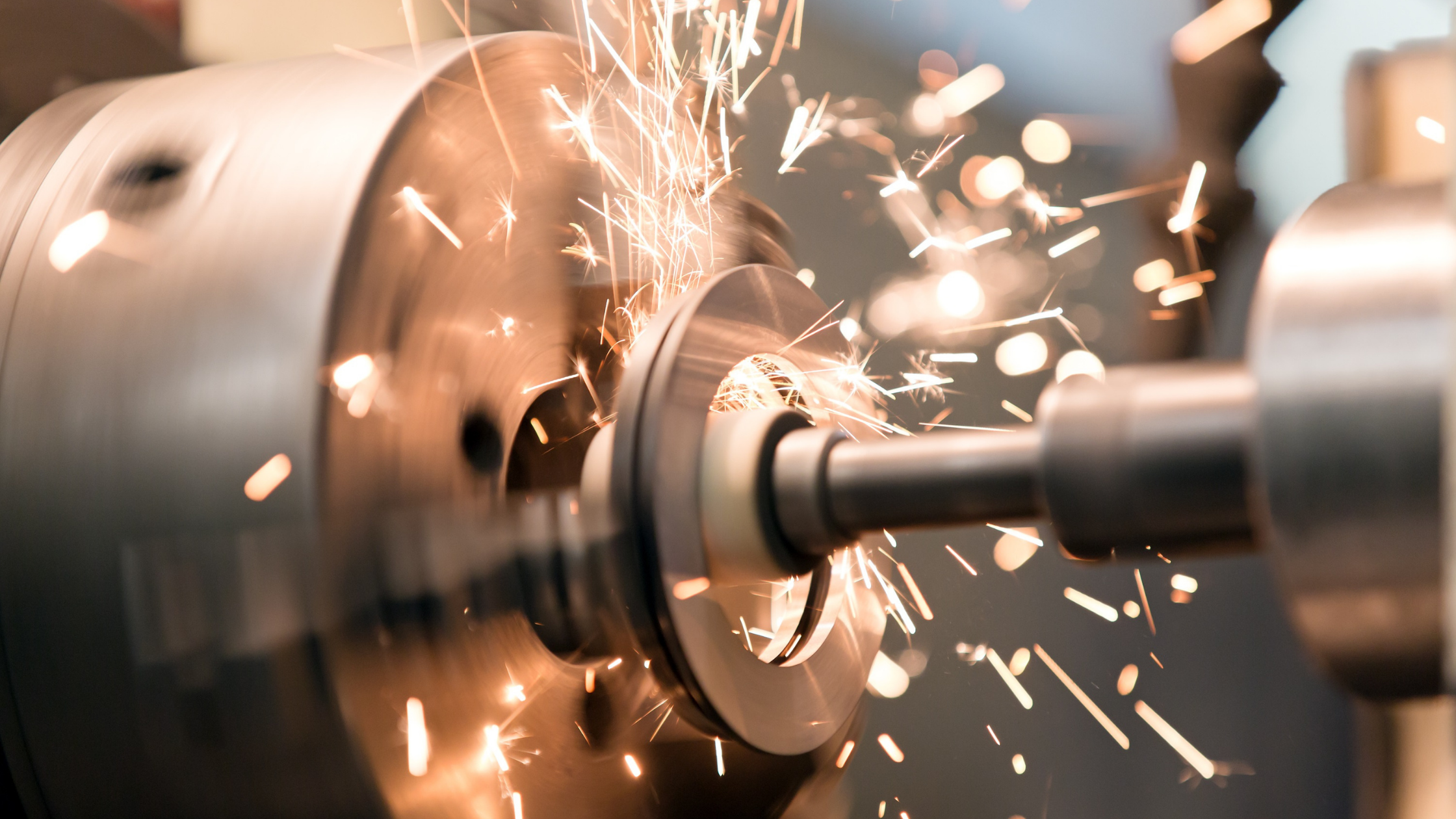Celebrate This Labor Day With ERP
By Johnny Nugent
ERP and Labor Day have something in common: they are both rooted in manufacturing. As we get ready to celebrate the unofficial end of summer this weekend with socially distanced picnics and bbqs, we will explore some of the things ERP and Labor Day have in common.
Labor Day and Manufacturing
Labor Day is celebrated on the first Monday of September each year to celebrate the achievements of American workers. Labor Day was originally created by the labor movement to cut hours for American workers. At the height of the Industrial Revolution in the 1800s, American manufacturing workers would work twelve-hour days, seven days a week in abysmal working conditions.
As manufacturing overtook agriculture for prominence in the United States, so did the labor unions. Labor unions would organize protests and strikes demanding better hours, pay, and working conditions. By 1890, manufacturing workers were working a sixty-hour work week – still a long way from the forty-hour work week that is in place today. Many states recognized this idea of a “workingmen’s holiday” earlier, but it was until June 1894 when President Cleveland signed the holiday into law that it was federally recognized and celebrated.
ERP and Manufacturing
Almost a century after the first Labor Day, ERP was born. It is believed ERP got its start in the 1960s when tractor manufacturer J.I. Case worked with IBM to come up with Materials Requirement Planning or MRP software.
Why Manufacturers Need ERP
To Automate Business Processes
An ERP solution automates all manual processes so that the manufacturing company no longer relies on outside spreadsheets. Feeding all company data into one ERP system allows for complete visibility into your business operations in real time.
To Reduce Cost
There are many ways that an ERP system can reduce costs including automating business processes, reducing human error, increasing worker productivity, and eliminating inventory waste to name a few.
To Make Real Time Business Informed Decisions
An ERP system allows decisions makers to access data across the entire organization in real-time from anywhere in the world. ERP systems also offer easy access to key performance indicators and reporting. ERP can also be integrated with Business Intelligence to access even more analytics.
To Improve Customer Satisfaction
ERP improves customer satisfaction by delivering goods to customers faster through streamlined shipping processes and automation of manual processes. ERP also allows for better communication between manufacturer and customer because the ERP system give access to customer information in real-time.
Thanks to manufacturing workers from the Industrial Revolution through present day for paving the way for holidays such as Labor Day (and the improved hours, pay, and working conditions that came with it) as well as technologies such as MRP, ERP, and more.


